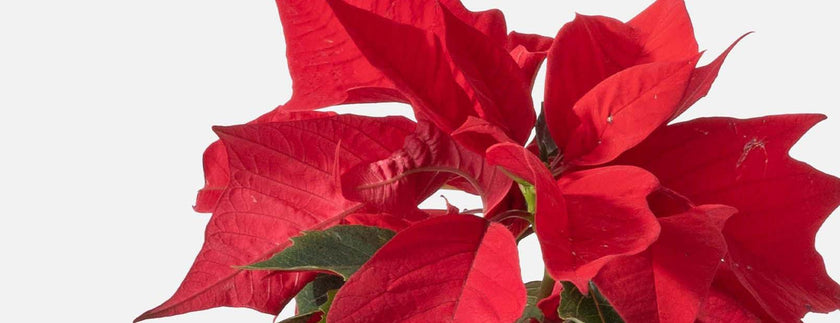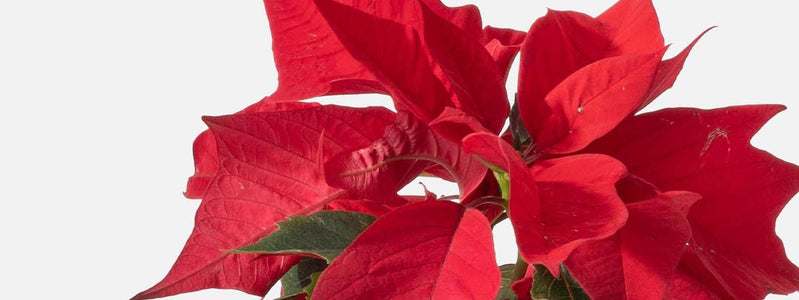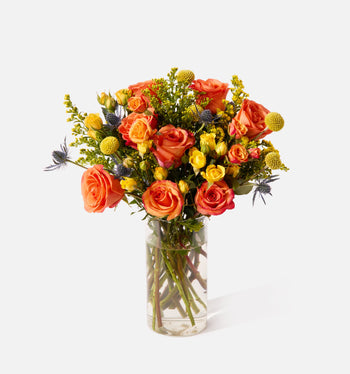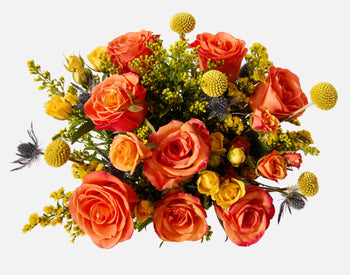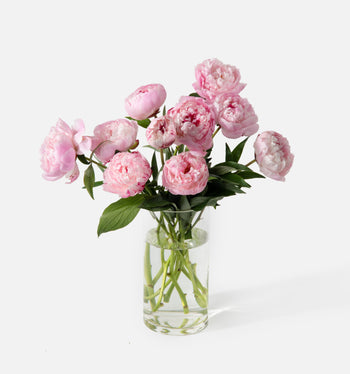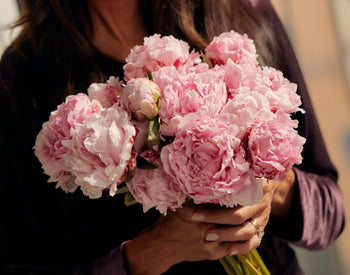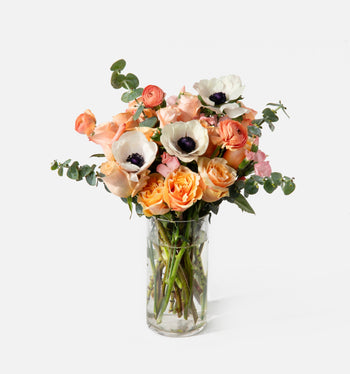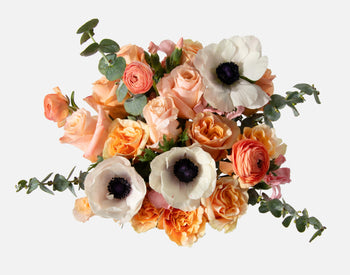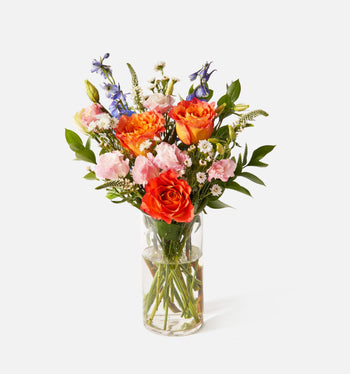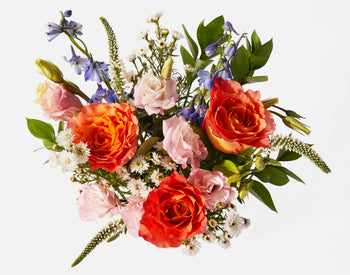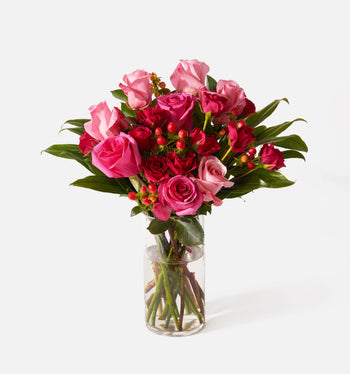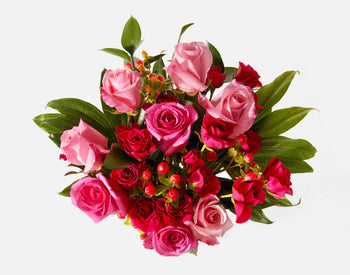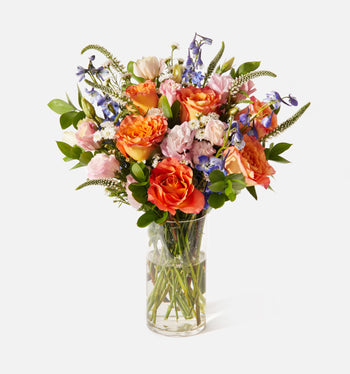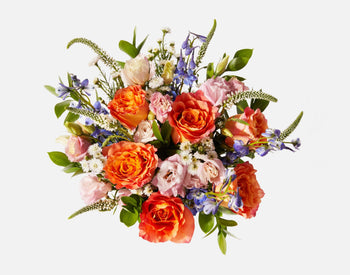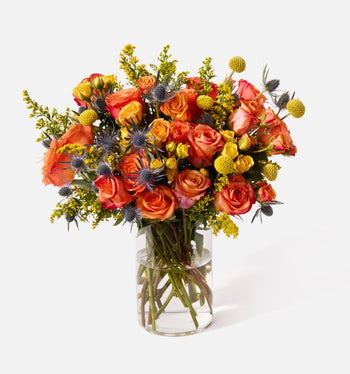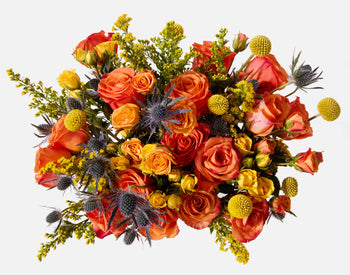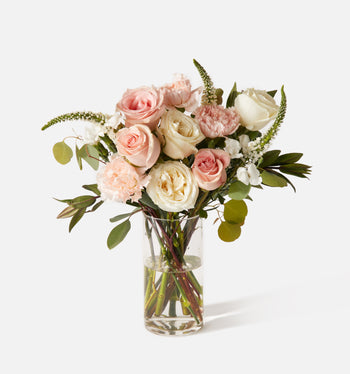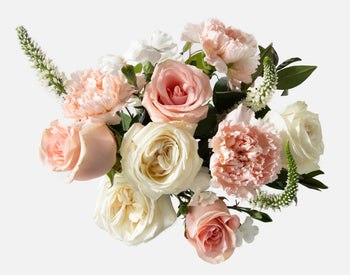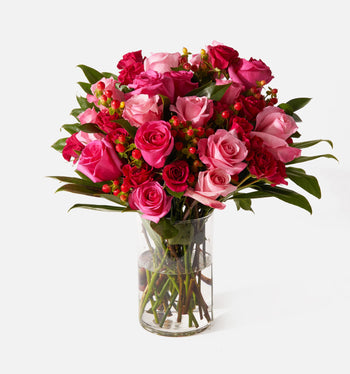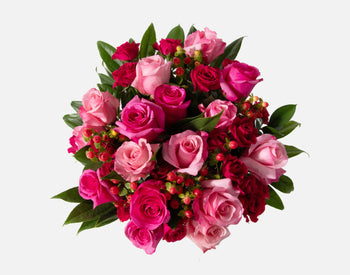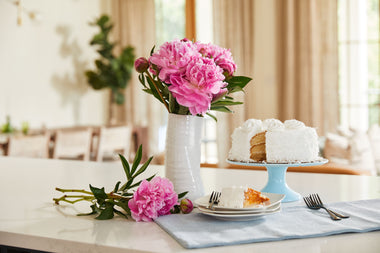Plants and flowers have the power to evoke specific memories and associations. A red rose is a near-universal symbol of romantic love. A daffodil is similarly well-known as the flower of springtime and new beginnings.
But what about poinsettias? Have you ever wondered why they’ve become the most popular ornamental flower associated with the Christmas season? Well, you’ve come to the right place.
The poinsettia represents holiday cheer and joy, regardless of their color. This article will further examine some of the meanings people attach to the poinsettia and explain how it became a Christmastime staple.
The Meaning of the Poinsettia: A Colorful Story
- The History of the Poinsettia
- Connections to Christmas
- Religious Associations
- Meanings Around the World
- The Business of Poinsettias
- Official Recognition
Indigenous people in Central America were using the Euphorbia pulcherrima long before the name poinsettia was ever attached to these radiant flowers. The Aztecs called the plant cuetlaxochitl (meaning “brilliant flower”) and used it for a number of different purposes. The flower was prized by Aztec leaders, with Montezuma reportedly having caravans of the plant brought to present-day Mexico City (where the poinsettia did not grow naturally due to the elevation). The Aztecs derived medicines from the plant’s sap and employed its leaves and flowers in the production of colorful dyes. Mayans, too, used these plants for both decorative and medicinal purposes.
Native to Mexico, Guatemala, and El Salvador, the plant was introduced to the United States in 1825 by a man named Joel Roberts Poinsett (yes, you can see where this is going). At the time, Poinsett was the US ambassador to Mexico and something of an amateur botanist. Struck by the beauty of the Euphorbia pulcherrima, he arranged for specimens of the plant to be sent to his home in South Carolina. Poinsett cultivated the plants and put them on display at the first public flower show ever held in the United States, in Philadelphia, in June 1829. They were an immediate hit, and Pointsett’s propagation of the plant ultimately led to him becoming the namesake of what we now call the poinsettia.
Poinsettias naturally bloom as the days get shorter, and in the wild, this means that the plant comes into full bloom in December. This timing, along with the influence of Christian missionaries, made for a natural association with the Christmas season. In the 17th century, Franciscan missionaries in Mexico frequently used poinsettias to decorate nativity scenes and incorporated the plant into the Fiesta of Santa Pesebre nativity processions.
The connection between Christmas and poinsettias was further solidified by the Mexican folk tale of a young girl named Pepita. According to legend, Pepita could not afford an offering for her Christmas Eve church service, so she gathered some weeds on her way to church and fashioned them into a bouquet. When she placed the bouquet at the altar, the weeds were miraculously transformed into colorful poinsettias. Since that time, the plant has been known in Mexico as “la flor de Nochebuena,” meaning the “Christmas Eve flower.”
The colors red and green have long been associated with Christmas, a connection passed down from pagan mid-winter festivals. In pagan celebrations, winter evergreens with red berries, such as holly, symbolized fertility and rebirth. When Christians borrowed some of the pagans’ symbols for their own winter celebrations, the colors red and green maintained their importance. Obviously, this made the poinsettia a natural fit for Christmas decorating.
In addition to the color of the poinsettia, their shape also contributes to their meaning in connection to Christmas. The shape of their red leaves resembles a star, and for many Christians, the poinsettia flower came to symbolize the Star of Bethlehem. Thanks to the story of Pepita, poinsettias also have an association with miracles — yet another connection to the Christmas season and the miracle of the birth of Jesus.
The poinsettia is associated with goodwill and holiday cheer in many countries around the world, particularly in Mexico, the United States, and much of Europe. Poinsettias are also called the Christmas plant or Christmas flower in Colombia, France, and even in the predominantly Buddhist country of Thailand.
However, not every culture associates the poinsettia with Christmas. In Spain and Cuba, the poinsettia plant is called the flor de Pascua, or the “flower of Easter.” In Turkey, poinsettias were the favorite flower of the founder of the Turkish republic, Kemal Ataturk. They are known in that country as “Ataturk’s Flower” and now serve as a symbol of Turkish patriotism.
No story of the connections between poinsettias and the festive season would be complete without a mention of the Ecke family. The Eckes began growing poinsettias on the family ranch in Southern California in the 1920s, eventually perfecting a technique that produced a sturdy potted plant, much easier to package and sell than the wild version. In the 1960s, inspired by their proximity to Hollywood, the family came up with a stroke of marketing genius, gifting free poinsettias to television networks for display on various live shows and holiday specials. The strategy worked, and poinsettia cultivation turned into a big business. Even today, the Eckes remain the largest poinsettia producer in the world.
In 2002, the U.S. Congress designated December 12 as National Poinsettia Day. The date was chosen, in part, to honor Joel Roberts Poinsett — he passed away on December 12, 1851, after a political career that saw him elected to Congress and eventually named as secretary of war under President Martin Van Buren.
The date was also chosen to coincide with the Day of the Virgin of Guadalupe, a national holiday in Mexico, the native home to the Euphorbia pulcherrima. In addition to having their own dedicated day, poinsettias are considered the birth flower for the month of December.
Now that you know why poinsettias have become such a popular symbol of the holiday season, all the more reason for you to use them to enliven your festive decor this December. Urban Stems offers several options. The Frosted is a 6” poinsettia in a white birch pot that will inspire your holiday guests to sing your praises. The Poinsettia is a smaller plant but a perfect accent piece for a side or end table.
